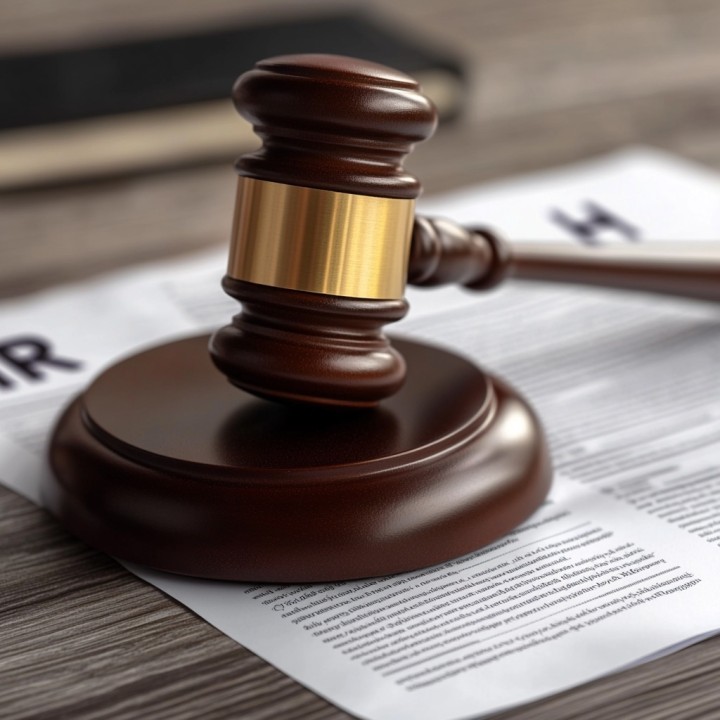The concept of bail bonds plays a crucial role in the criminal justice system, providing a way for defendants to secure temporary release from custody while awaiting trial. However, there are instances when a bail bond can be revoked, raising the question: Can a bail bond be reinstated after revocation? This article delves into the details, explaining the conditions, procedures, and legal implications involved in the reinstatement of a revoked bail bond.
Understanding Bail Bonds
What is a Bail Bond?
A bail bond is a financial arrangement made by a bail bonding agency on behalf of a defendant. It serves as a guarantee that the defendant will appear in court as required.
Types of Bail Bonds
Cash Bonds
Surety Bonds
Property Bonds
Federal Bonds
Immigration Bonds
The Role of a Bail Bondsman
A bail bondsman, or bail agent, is responsible for providing the funds to secure a defendant’s release. They charge a non-refundable fee, usually a percentage of the total bail amount.
Reasons for Bail Bond Revocation
Failure to Appear
One of the most common reasons for revocation is the defendant’s failure to appear in court.
Violation of Bail Conditions
Defendants must adhere to certain conditions while out on bail, such as obeying curfews or avoiding certain individuals or places.
Committing a Crime While on Bail
Engaging in criminal activity while out on bail can lead to immediate revocation.
The Process of Revocation
Court’s Decision
The court decides to revoke a bail bond based on evidence that the defendant violated bail terms.
Notification to Bail Bondsman
Once revocation occurs, the bail bondsman is notified, and the defendant is typically taken back into custody.
Financial Implications
The defendant may forfeit any collateral or money paid towards the bail bond.
Can a Bail Bond Be Reinstated?
Conditions for Reinstatement
Reinstatement is possible under certain conditions, such as proving the violation was unintentional or correcting the behavior that led to revocation.
Legal Process
The defendant or their attorney must file a motion with the court to reinstate the bond.
Role of the Bail Bondsman
The bondsman must agree to the reinstatement and may require additional fees or collateral.
Steps to Reinstating a Revoked Bail Bond
Consultation with Attorney
Legal advice is crucial to navigate the complexities of bail bond reinstatement.
Filing a Motion
The attorney files a motion for reinstatement, outlining reasons and justifications for the request.
Court Hearing
A hearing is scheduled where the judge reviews the motion and any supporting evidence.
Judge’s Decision
The judge decides whether to reinstate the bail bond based on the merits of the case.
Factors Influencing Reinstatement
Severity of Violation
Minor violations are more likely to lead to reinstatement than serious infractions.
Defendant’s History
A defendant’s past behavior and compliance with court orders play a significant role.
Cooperation with Bail Bondsman
Willingness to cooperate and rectify issues with the bondsman can aid in reinstatement.
Alternatives to Reinstatement
Posting a New Bail Bond
In some cases, it may be easier to post a new bail bond rather than reinstating the old one.
Request for Lower Bail
Defendants can request the court to lower the bail amount to make it more affordable.
Release on Own Recognizance
In rare cases, a judge may release a defendant on their own recognizance without a bail bond.
Legal Considerations
Rights of the Defendant
Defendants have the right to due process and a fair hearing regarding bail bond revocation and reinstatement.
Responsibilities of the Bondsman
Bondsmen must follow legal procedures and maintain transparency with clients.
Impact on Future Bail
A revoked bail bond can impact a defendant’s ability to secure bail in the future.
Impact on Defendant’s Case
Psychological Effects
Revocation and subsequent incarceration can have significant mental health impacts.
Legal Strategy
Reinstating a bail bond can be part of a broader legal strategy to ensure the defendant’s release and participation in their defense.
Family and Employment
The revocation of a bail bond can disrupt the defendant’s family life and employment, making reinstatement crucial for stability.
FAQs
Can a bail bond be reinstated after any violation?
Reinstatement depends on the nature and severity of the violation. Minor infractions are more likely to be forgiven than serious ones.
How long does it take to reinstate a bail bond?
The timeline varies, but the process can take several days to weeks, depending on court schedules and case complexity.
Do I need a lawyer to reinstate a bail bond?
While not mandatory, having a lawyer greatly increases the chances of successful reinstatement due to the legal intricacies involved.
What happens if the judge denies the reinstatement?
If the judge denies the motion, the defendant must remain in custody or post a new bail bond.
Can a bail bondsman refuse to reinstate a bond?
Yes, a bail bondsman has the right to refuse reinstatement, especially if the risk is deemed too high.
Is there a fee for reinstating a bail bond?
Reinstating a bail bond often involves additional fees, which can vary based on the bail bondsman and the specifics of the case.
Conclusion
Reinstating a bail bond after revocation is a complex process that involves legal procedures, the cooperation of the bail bondsman, and the defendant’s adherence to court conditions. While challenging, it is possible under the right circumstances and with the proper legal guidance. Understanding the nuances of bail bond revocation and reinstatement can significantly impact a defendant’s ability to prepare for their trial while maintaining personal and financial stability.






